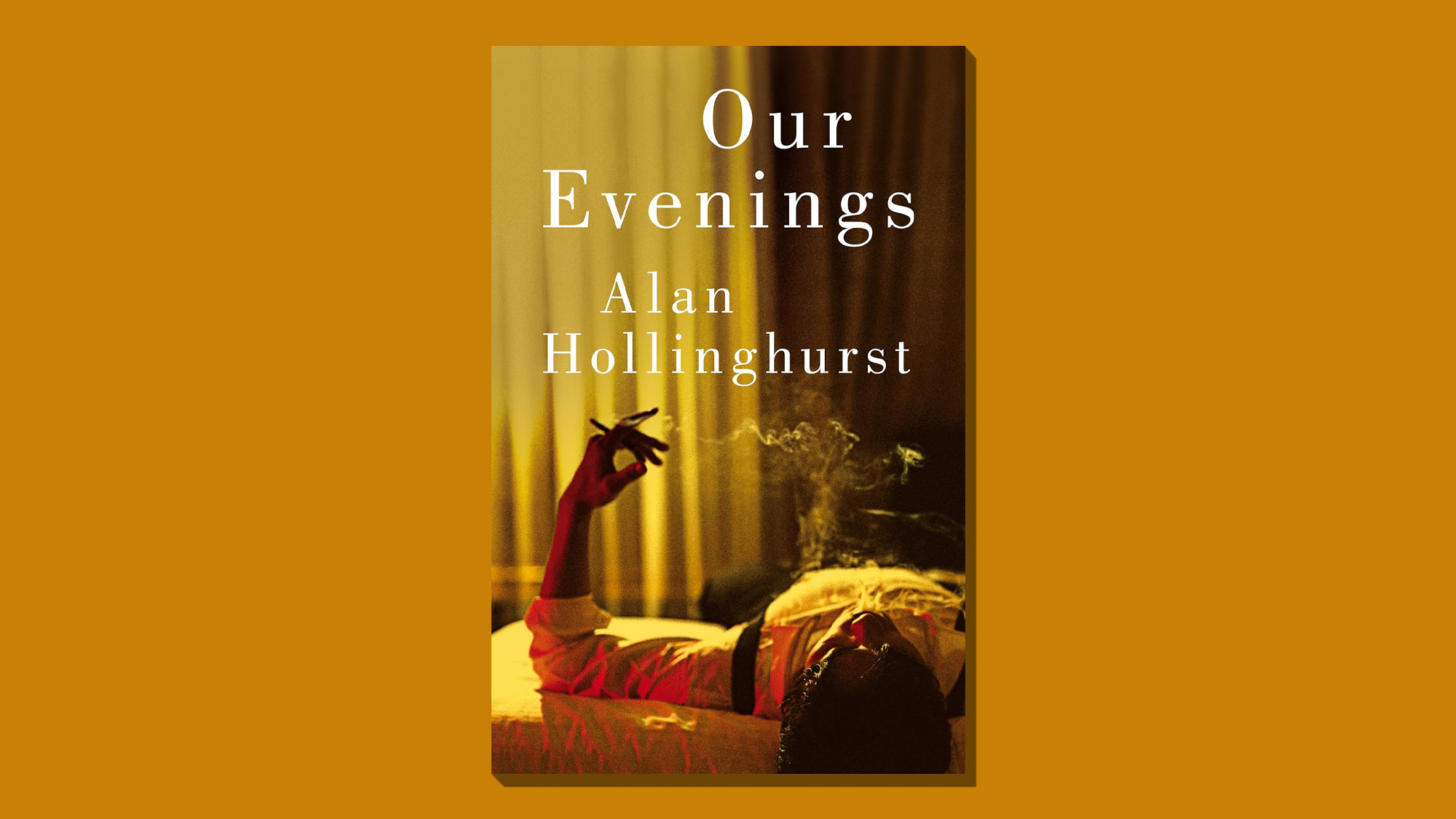Our Evenings: Alan Hollinghurst's 'finest' novel yet
A gay, half-Burmese actor looks back on his life in this 'compellingly fresh' book

A free daily email with the biggest news stories of the day – and the best features from TheWeek.com
You are now subscribed
Your newsletter sign-up was successful
Alan Hollinghurst's novels tend to appear at "spacious intervals of six or seven years", said Alexandra Harris in The Guardian. His latest – his first since "The Sparsholt Affair" (2017) – is a "compellingly fresh" bildungsroman, narrated by a gay, half-Burmese actor named Dave Win, who is looking back on his life from late middle age.
We first glimpse Win as a 13-year-old, visiting the posh family that has funded his scholarship to a public school in Berkshire. Next, we meet him aged 14 on summer holiday in Devon, mesmerised by the "parade of known and unknown men".
Subsequent episodes recount undergraduate days in Oxford, early "theatrical triumphs" in London, a passionate relationship with another actor named Hector, who "leaves Dave behind", heartbroken. And there's a "tender" portrait of his "intensely private" mother, Avril. Through it all, what stands out is Hollinghurst's "capacity for appreciation": this is a novel that luxuriates in "the inexhaustible particularity" of people. It may be his "finest" yet.
The Week
Escape your echo chamber. Get the facts behind the news, plus analysis from multiple perspectives.

Sign up for The Week's Free Newsletters
From our morning news briefing to a weekly Good News Newsletter, get the best of The Week delivered directly to your inbox.
From our morning news briefing to a weekly Good News Newsletter, get the best of The Week delivered directly to your inbox.
As you'd expect, there are many "brilliantly observed" scenes, said Simon Schama in the Financial Times. No writer is better than Hollinghurst at evoking the "feel of things", and his eye for social comedy is "almost Austenian". Yet ultimately, "Our Evenings" suffers from being not much more than a "sequence of episodes". Over its 500-odd pages, Win's self-portrait becomes "oddly anaemic".
I disagree, said Valentine Cunningham in Literary Review. There is "narrative magic" in Win's recollections. A "wonderful example" of what Hollinghurst has always been good at, this novel also adds a welcome "new note": a moving sense of "time's depredations, and the inevitability of ageing and mortality".
A free daily email with the biggest news stories of the day – and the best features from TheWeek.com
-
 How the FCC’s ‘equal time’ rule works
How the FCC’s ‘equal time’ rule worksIn the Spotlight The law is at the heart of the Colbert-CBS conflict
-
 What is the endgame in the DHS shutdown?
What is the endgame in the DHS shutdown?Today’s Big Question Democrats want to rein in ICE’s immigration crackdown
-
 ‘Poor time management isn’t just an inconvenience’
‘Poor time management isn’t just an inconvenience’Instant Opinion Opinion, comment and editorials of the day
-
 Bad Bunny’s Super Bowl: A win for unity
Bad Bunny’s Super Bowl: A win for unityFeature The global superstar's halftime show was a celebration for everyone to enjoy
-
 Book reviews: ‘Bonfire of the Murdochs’ and ‘The Typewriter and the Guillotine’
Book reviews: ‘Bonfire of the Murdochs’ and ‘The Typewriter and the Guillotine’Feature New insights into the Murdoch family’s turmoil and a renowned journalist’s time in pre-World War II Paris
-
 The 8 best TV shows of the 1960s
The 8 best TV shows of the 1960sThe Week Recommends The standout shows of this decade take viewers from outer space to the Wild West
-
 The year’s ‘it’ vegetable is a versatile, economical wonder
The year’s ‘it’ vegetable is a versatile, economical wonderthe week recommends How to think about thinking about cabbage
-
 6 exquisite homes with vast acreage
6 exquisite homes with vast acreageFeature Featuring an off-the-grid contemporary home in New Mexico and lakefront farmhouse in Massachusetts
-
 Film reviews: ‘Wuthering Heights,’ ‘Good Luck, Have Fun, Don’t Die,’ and ‘Sirat’
Film reviews: ‘Wuthering Heights,’ ‘Good Luck, Have Fun, Don’t Die,’ and ‘Sirat’Feature An inconvenient love torments a would-be couple, a gonzo time traveler seeks to save humanity from AI, and a father’s desperate search goes deeply sideways
-
 The biggest box office flops of the 21st century
The biggest box office flops of the 21st centuryin depth Unnecessary remakes and turgid, expensive CGI-fests highlight this list of these most notorious box-office losers
-
 A thrilling foodie city in northern Japan
A thrilling foodie city in northern JapanThe Week Recommends The food scene here is ‘unspoilt’ and ‘fun’